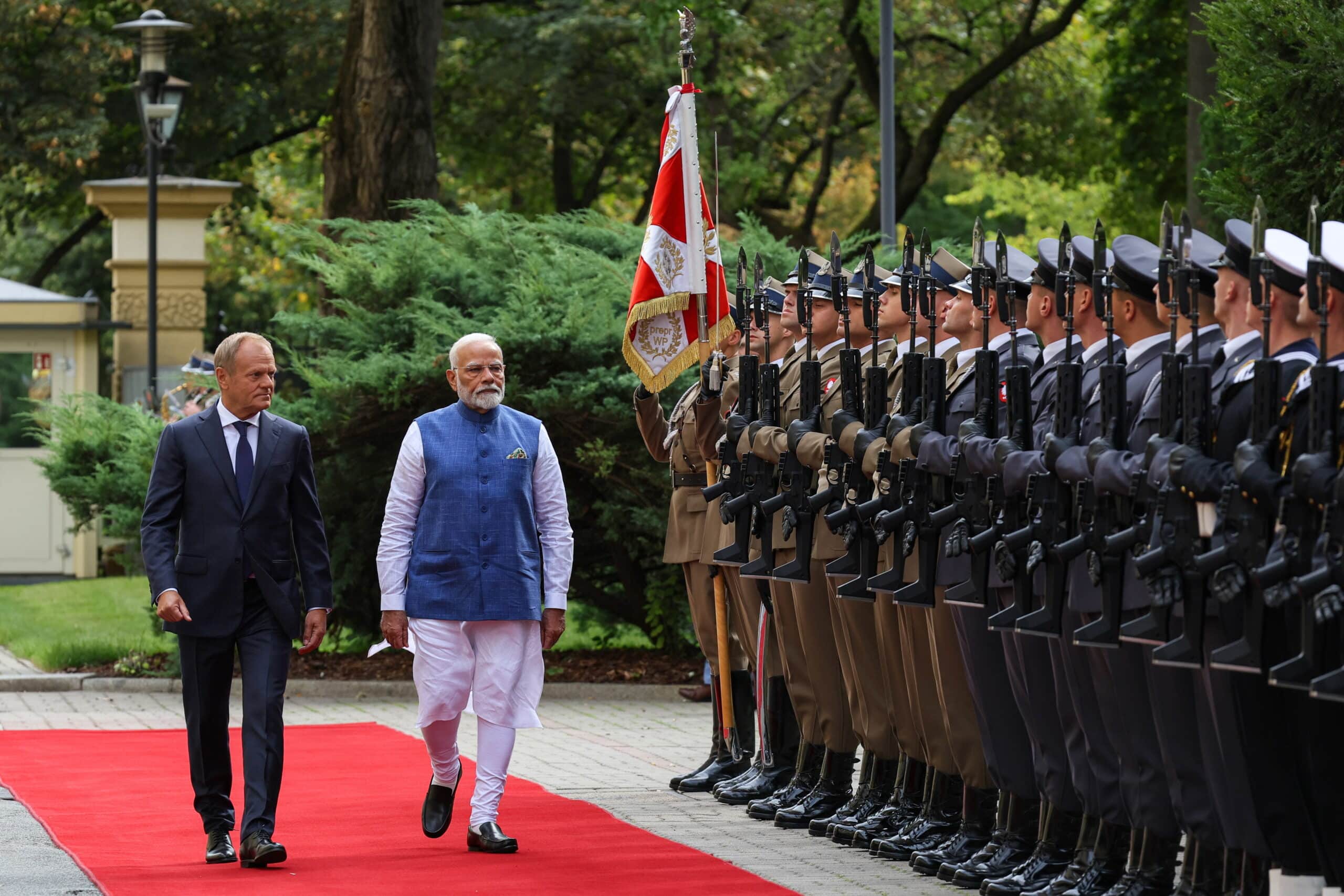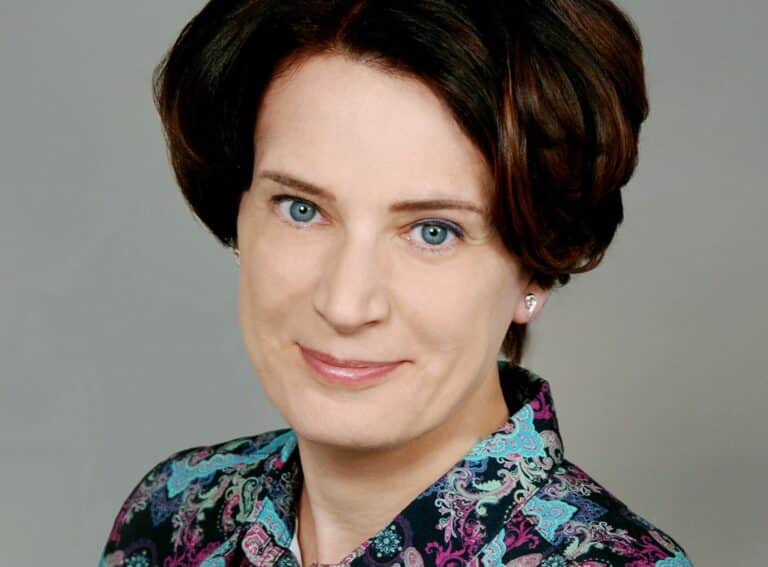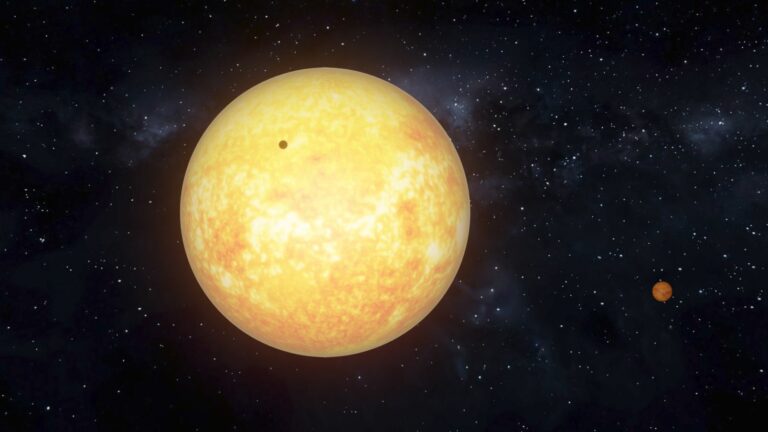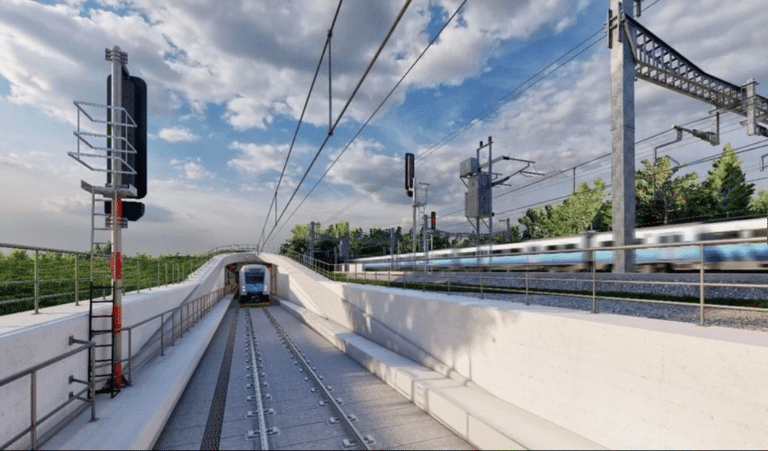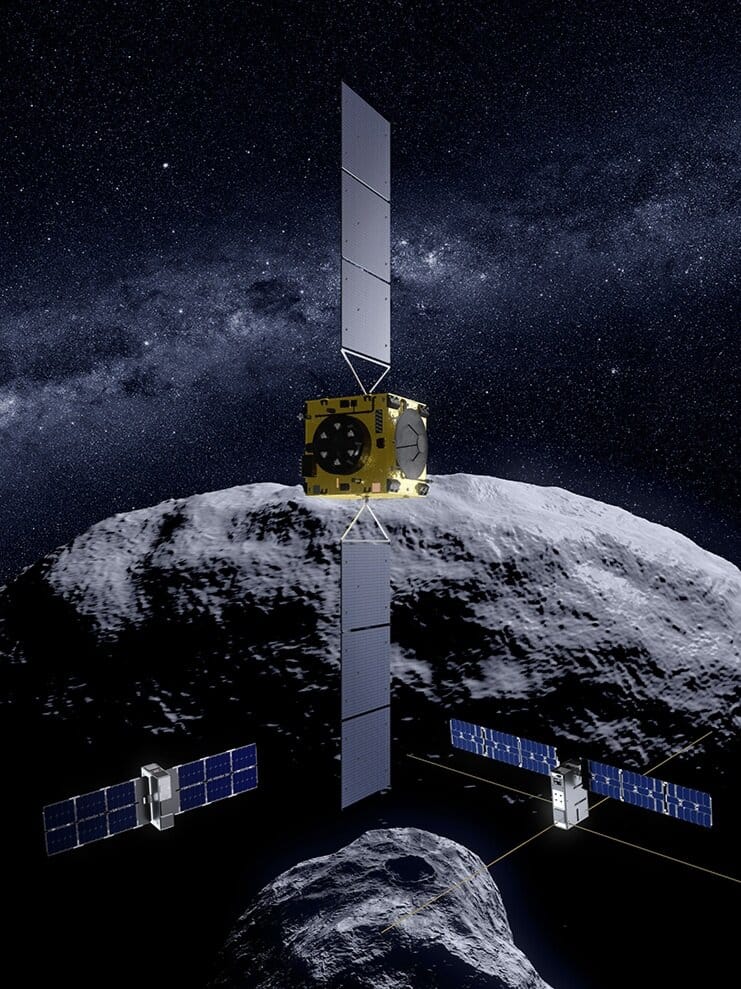Poland and India renew an old relationship
Poland and India have upgraded their diplomatic relationship to the level of strategic partnership, Prime Minister Donald Tusk announced during a visit to Warsaw in August of his Indian counterpart, Narendra Modi.
It was the first time in 45 years that an Indian prime minister had visited the country. The prime ministers, celebrating 70 years of bilateral relations this year, confirmed their commitment to peace in Ukraine and discussed cooperation in defence and agriculture and plans to boost mutual trade.
“This is a very important day for Polish-Indian relations,” said Tusk at a joint press conference “It is undoubtedly proof of the ever-improving relations between our countries. There are no conflicts of interest between us. We have always understood each other well, despite the distance, the different traditions, the different histories,” he continued.
“It is history that has taught us, as the prime minister and I emphasised during our conversation, the importance of respecting the rules, respecting borders, the integrity of the territory, sovereignty, the rule of law,” said Tusk, adding that he welcomed his counterpart’s declarations of a commitment to a “peaceful end to the war” in Ukraine.
Following his visit to Poland, Modi traveled to Kyiv for talks with Ukrainian President Volodymyr Zelensky, just weeks after his talks with Vladimir Putin in Moscow. It was the first visit to Ukraine of an Indian prime minister.
Highlights of Modi’s visit to Poland
The two nations unveiled a five-year action plan, including regular high-level contacts, annual political dialogues and security consultations.
On the trade and investment front, the meeting focused on exploring high-tech and green technology opportunities and enhancing economic security. They committed to exploring new areas of cooperation and agreed to utilise the Joint Commission for Economic Cooperation (JCEC) to address trade imbalances and expand the trade basket. The two leaders also discussed cooperation on sustainable technology, clean energy, and space exploration and agreed to work on concluding a cooperation agreement to promote the safe, sustainable, and secure use of space and commercial space ecosystems, and to promote human and robotic exploration. Poland also recognized India’s ambition to join the International Energy Agency, while India encouraged Poland to join the International Solar Alliance (ISA) and the Coalition for Disaster Resilient Infrastructure (CDRI) to address global environmental and disaster related challenges.
They also discussed counter-terrorism and stressed the importance of implementing UN Security Council resolutions. They also agreed to push for the early adoption of the Comprehensive Convention on International Terrorism (CCIT).
Modi said Poland’s need for healthcare professionals presents a significant opportunity for India. The potential collaboration in this sector, including the possibility of Indian doctors working in Poland, could address Poland’s shortage of healthcare professionals and enhance bilateral cooperation.
Poland remains India’s largest trading and investment partner in Central and Eastern Europe. Bilateral trade has increased by 192% from $1.95 billion in 2013 to $5.72 billion in 2023, with the balance of trade largely in India’s favour. Indian exports to Poland: textiles, base metals, chemicals, machinery and mechanical appliances, electrical and electro-technical equipment, articles of stone, ceramic products. Polish imports to India include machinery, mineral products and chemicals. Indian investment in Poland exceeds $3 billion, with Indian firms involved in various sectors including IT, pharmaceuticals, and manufacturing. Polish investment in India is around $685 million, involved in various sectors including clean technologies and electric buses.
Modi also paid tribute at the Dobry Maharaja Memorial in Warsaw. The memorial commemorates the respect and gratitude of the Polish people and government for the Jamsaheb of Nawanagar (Jamnagar in Gujarat), Shri Digvijaysinhji Ranjitsinhji Jadeja, who provided shelter to over 1,000 Polish children during WWII, earning him the title “Dobry Maharaja” in Poland.
Modi also laid a wreath at the Monument to the Battle of Monte Cassino, recognizing the shared sacrifices of soldiers from Poland, India, and other nations during WWII. The monument commemorates the Second Polish Corps’ soldiers who fought in the Battle of Monte Cassino, one of the bloodiest of the war. Several locations in Poland are named after Indian leaders, and a bust of Mahatma Gandhi is installed at the University of Warsaw.
The Indian community in Poland is approximately 25,000, comprising traders, professionals, and students, with a notable presence of Indian restaurants. Yoga has a long history in Poland, with over 300,000 practitioners and numerous yoga centres and teachers. The International Day of Yoga is celebrated with enthusiasm.

